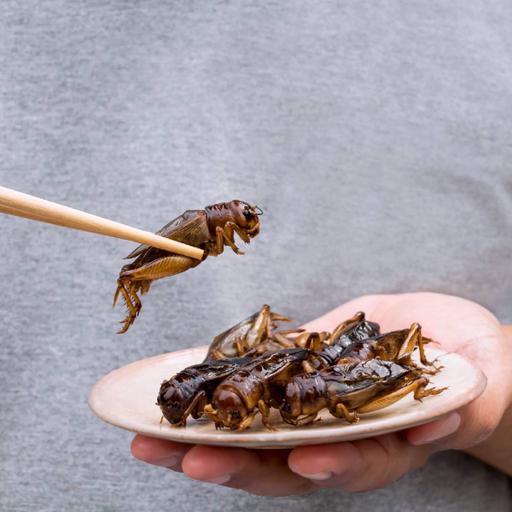Nutritional Benefit Aspect of Edible Insects
Presentations | English
Edible insects offer significant health benefits as they are rich in essential nutrients such as vitamin B12, iron, zinc, amino acids, omega-3 fatty acids, and antioxidants. Some species also provide mineral elements like potassium, sodium, calcium, manganese, and phosphorus, although their content can vary seasonally based on their diet. Incorporating insects into the human diet can serve as a sustainable alternative to meat or dietary supplements, benefiting both health and the environment. For instance, crickets in the human diet can contribute to reduced greenhouse gas emissions, decreased use of agricultural land and water, and improved prevention of chronic diseases like diabetes and cancer, leading to enhanced immunity. Tropical countries boast around 1900 edible insect species, with beetles, caterpillars, bees, ants, wasps, grasshoppers, crickets, termites, dragonflies, and locusts being among the most commonly consumed insect groups. Read the PPT for more information on this fascinating subject.

Free
PPTM (15 Slides)
Nutritional Benefit Aspect of Edible Insects
Presentations | English
